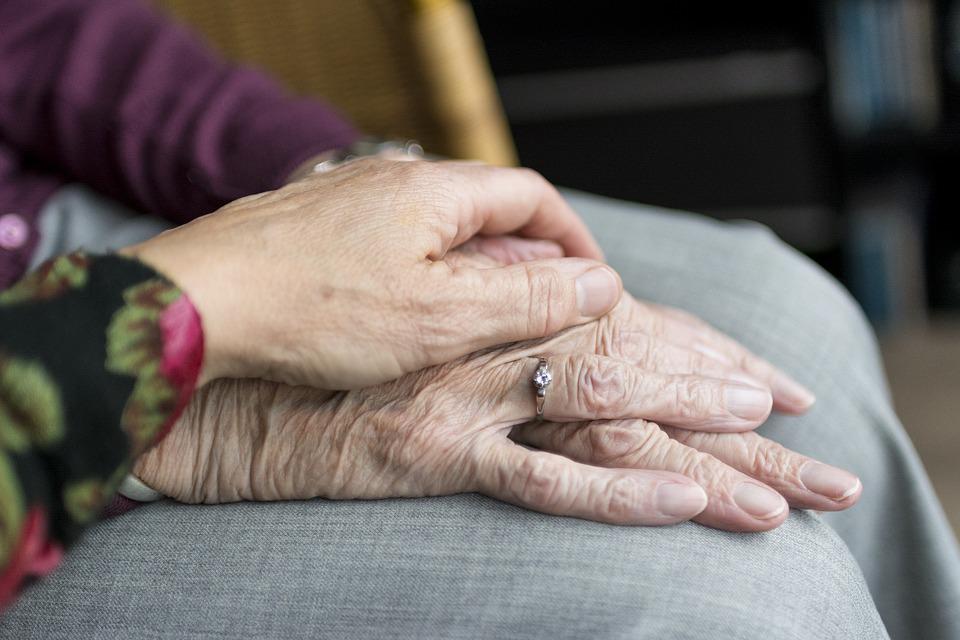When to Consider Adult Day Care
Adult day services specialists suggest caregivers look into day care when they begin to see signs that an elderly loved one:
– Is unable to structure their daily activities
– Feels isolated and alone and wants interaction with other seniors
– Is experiencing anxiety or depression and needs social and emotional support
– Has difficulty starting and concentrating on an activity, whether it is a conversation, reading, or watching television
– They seem unsafe on their own or feel uncertain and anxious about being alone.
Family caregivers may also want to consider adult day services when they need to work or be away from home for most of the day or if they are experiencing adverse effects themselves, such as anxiety, frustration, depression, or health problems.
Finding and evaluating programs

To find adult day care programs in your area, you can visit Amanecer Adult Day Care – a non-residential family facility that provides activities and care for seniors in Miami.
Once you’ve identified a center that meets your loved one’s needs, the next step is to visit the facility. The association recommends asking some basic operational questions such as:
– How long has the center been in business?
– What licenses, certifications, and accreditations do it have?
– What is the staff-to-participant ratio (the lower, the better), and what training do employees receive?
– What are the days and hours of operation?
– What is the policy on late arrivals or pick-ups if you will not be using the public transportation services provided by the center?
You’ll also want to explore the full range of services at the facility.
Is physical, vocational or voice therapy available at the center? About half of the centers do. Does it have specialized care for conditions such as memory loss?
Ask if the center creates individual service plans for participants, how often these plans are updated, and if you can contribute.
Please spend some time simply observing the center itself. Does it look clean and generally pleasant?
Is the furniture comfortable and sturdy, and is the facility wheelchair accessible? Is there a quiet corner where your loved one can relax if he or she feels the need to take a break?
Are the washrooms conveniently located, with grab bars and space for wheelchairs? Also, please pay attention to how the staff and attendees interact and whether they seem comfortable with each other.
Helping your loved one adjust
The transition to attending an adult day care center can be stressful for an older adult with dementia. The Alzheimer’s Association suggests a gradual approach.
Once you’ve verified a center, take your loved one there for lunch or an activity. Then, begin using its services a few times a week for a month or so before making a final enrollment decision.
Your loved one may resist adult day care at first. Still, participants often warm up to it after several weeks and begin to look forward to seeing others at the center and participating in activities, the association says. If the program doesn’t seem to be working for your loved one, you may want to remove him or her from the program for a while and reintroduce them to the center later.
Read more:
Read more:
– Why Go to a Convalescent Home;
– Rest and Care Home: Who Can Be Admitted;
– What Is Home Care For the Elderly;
– Why Choose a Psychiatric Rest Home;
– Palliative Care Unit: Helping Patients at the End of Life;
– What Kind of Animation Is There in a Retirement Home;
– Caring for Someone With Alzheimer’s Disease;
– 5 Steps to Choose an Elderly Care Home for Your Loved Ones;








[…] Sound off in the comments section below and tell us what you want to read next and if you want to read more about the transition from working to retirement. […]